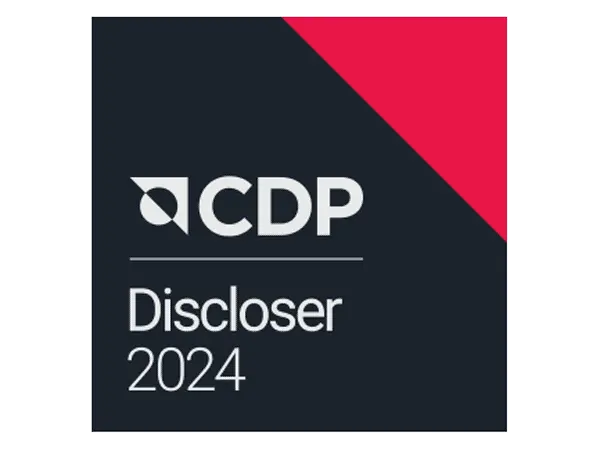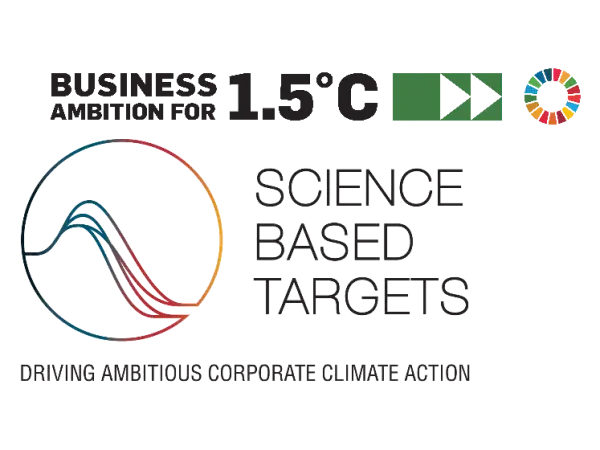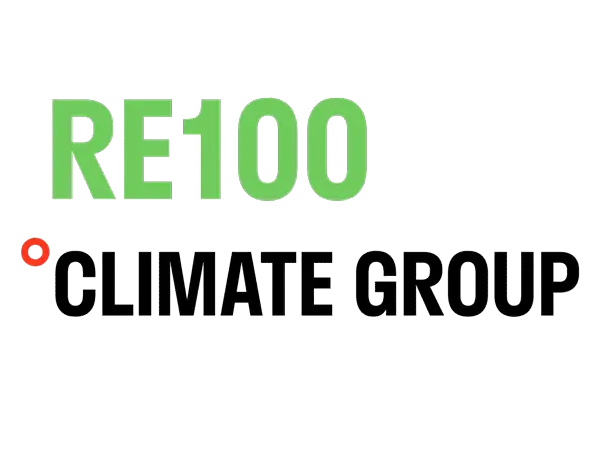Verifying GHG Statement to ISO 14064-3
GHG (Greenhouse Gas) verification is formal and a crucial step for organizations to ensuring the accuracy and credibility of reported GHG data. The level of assurance provided during the verification process can be conducted at two levels: limited assurance and reasonable assurance.
Understanding these levels helps organizations choose the appropriate level of verification based on their needs and regulatory requirements.
Levels of Assurance
| Limited Assurance | Reasonable Assurance | |
| Level of Confidence | Moderate | High |
| Scope of Review | Less extensive, limited testing and inquiry | Comprehensive, detailed testing and analysis |
| Procedures | Inquiry, analytical procedures | Detailed data testing, site visits, and thorough review |
| Report Content | Moderate confidence statement, significant issues noted | High confidence statement, detailed opinion, and recommendations |
| Cost and Time | Typically lower-cost and quicker | Typically higher-cost and more time-consuming |
Factors to Consider when Deciding on Level of Assurance
- Regulatory Requirements: Some regulations may specify the required level of assurance for GHG reporting. Ensure compliance with these requirements when choosing the level of assurance.
- Stakeholder Expectations: Consider the expectations of stakeholders, including investors, customers, and regulatory bodies, which may influence the choice between limited and reasonable assurance.
- Complexity of GHG Inventory: For complex GHG inventories with multiple emission sources and reduction measures, reasonable assurance may be more appropriate to provide a comprehensive review.
- Budget and Resources: Limited assurance may be more cost-effective and faster, but it may not meet the needs for high confidence and detailed review required by certain stakeholders or regulations.
Benefits of Limited Assurance
- Cost-Effective: Generally less expensive and faster to complete.
- Moderate Confidence: Provides a reasonable level of confidence that major issues are identified.
- Appropriate for Smaller Organizations: Suitable for smaller organizations or those with less complex GHG inventories
Benefits of Reasonable Assurance
- High Confidence: Offers a high level of assurance regarding the accuracy and reliability of GHG data.
- Detailed Review: Provides a thorough examination of GHG data, methodologies, and reporting processes.
- Enhanced Credibility: Increases credibility with stakeholders and regulatory bodies due to the comprehensive nature of the review.
DEKRA's GHG verification provides critical assurance regarding the accuracy and reliability of GHG reporting. By engaging in a rigorous verification process, organizations can validate the accuracy of their GHG data, ensure compliance with relevant standards, and enhance their reputation among stakeholders.
Limited assurance offers a moderate level of confidence with a less extensive review process, while reasonable assurance provides a higher level of confidence through a comprehensive examination. Choosing the appropriate level of assurance depends on regulatory requirements, stakeholder expectations, the complexity of the GHG inventory, and available resources. Both levels of assurance play a crucial role in ensuring the credibility and effectiveness of GHG reporting and management.
- Determining the scope of verification is a foundational step in the GHG verification process. It involves setting clear boundaries for the GHG inventory, identifying all relevant emission sources, and defining the reporting periods to be assessed. This step ensures that the verification process covers all necessary aspects and aligns with regulatory requirements and organizational goals.
- Once the scope is defined, the next phase is to develop a robust verification plan. This plan outlines the specific methodologies and standards that will be employed, the timeline for the verification activities, and key areas that require focused attention. Creating a detailed verification plan facilitates a systematic and organized approach, allowing for efficient data collection, comprehensive analysis, and thorough assessment. It also helps in anticipating potential challenges and ensuring that all critical components of the GHG inventory are accurately verified.
DEKRA auditors employ the most current accounting principles and GHG calculation methodologies, including the complex verifications for Scope 3 categories. Positive verification statements can be shared publicly on your website, in your annual CSR reporting, and within various reporting frameworks to underline your commitment to accuracy in greenhouse gas accounting. Furthermore, these verified statements enhance stakeholder trust by demonstrating transparency and accountability in your environmental reporting practices.
By adhering to stringent GHG verification standards, your company not only meets regulatory requirements but also positions itself as a leader in sustainability initiatives. This commitment can lead to improved brand reputation, attracting environmentally conscious investors and customers who value corporate responsibility.




